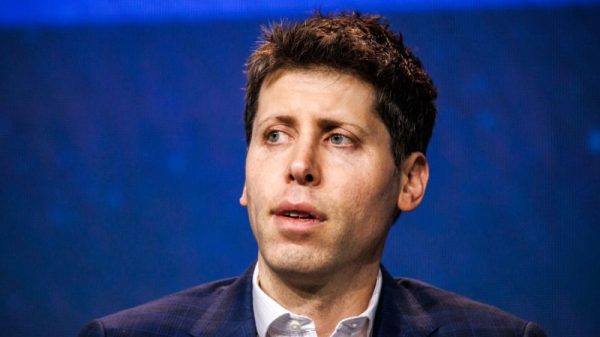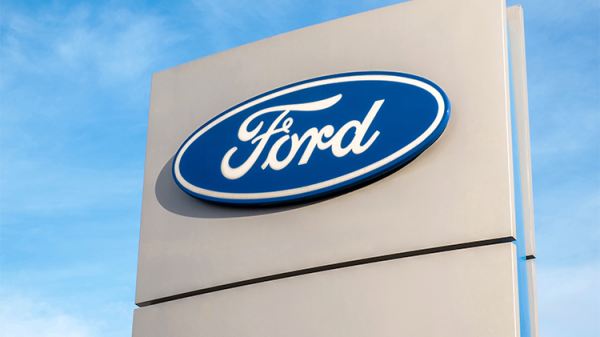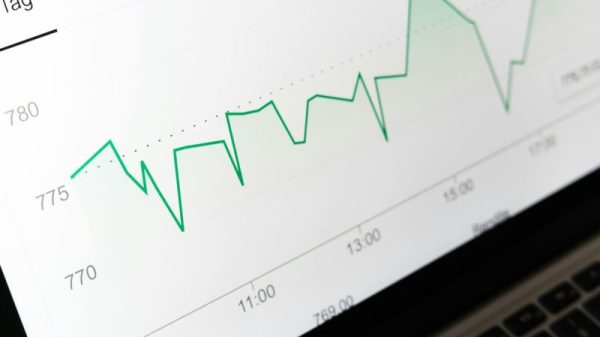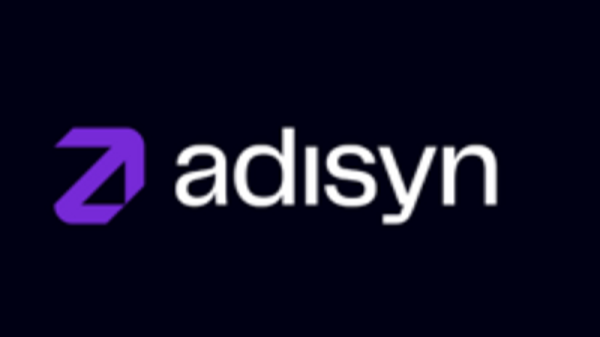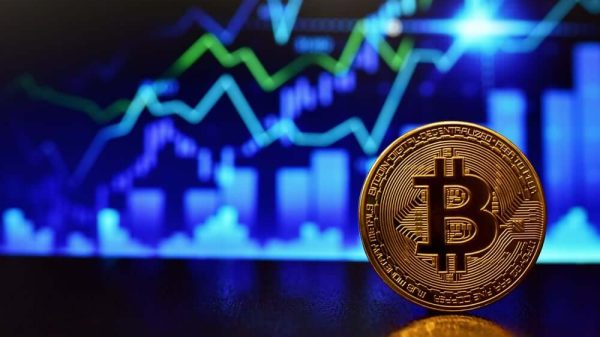Difference Between Options and Futures – Get All The Info
Key Takeaways:
Options give investors the right, without the obligation, to transact at a predetermined price within a set duration.
Futures are contracts committing parties to transact a commodity at a set price on a specific future date.
The risk in options is limited to the premium paid, whereas futures can involve larger losses due to daily price adjustments.
Options allow speculation or hedging against price fluctuations, while futures obligate trades on set dates.
Have you ever thought about the main difference between options and futures? What do these terms represent, and why do so many make that comparison? What is that crucial difference exactly?
To understand that completely, let’s get all the essential information about what these two terms represent first, shall we?
What are the Options exactly?
Options refer to financial derivatives that let investors buy or sell assets, such as stocks, at a predetermined price within a set duration. They also refer to contracts that allow investors to buy or sell assets, like stocks, at a fixed price within a set time.
Holding an option doesn’t mean owning the asset. Stock options typically cover 100 shares. The cost of one is its “premium”.
In short, they represent financial contracts that provide numerous investors with the right, but not the commitment, to buy or sell an asset, such as stocks, at a set price within a specific time. There are two types:
Call options: Right to buy.
Put options: Right to sell.
What is an “option writer”?
An “option writer” is the person who creates these contracts. Although options provide the right to buy or sell, they equate to asset ownership once exercised. Typically, one stock options contract covers 100 shares, and the price to acquire this right is known as its “premium.”
In essence, they represent tools to speculate on asset price movements or hedge against potential price fluctuations, setting them apart from futures contracts, which mandate trades on a specific future date.
What are the two types of options?
Options come in two types: Call and Put ones.
Call options let you buy stock at a set price. For instance, if you have a call option for stock XYZ at $50 and the price rises to $60, you can buy it for $50 and sell for $60, earning $10 profit per share.
Put options let you sell stock at a set price.
In short, they allow you to lock in a buying or selling price, which can lead to profits if market prices move in your favour.
What are Futures exactly?
A futures contract refers to a specific deal to buy or sell a commodity, like corn or oil, at a future date for a set price. It’s a form of risky financing since prices can change. For example, if you agree on $7 for corn, but the price rises to $9, the buyer benefits, while the seller loses.
Futures also involve “margin,” a partial payment upfront. If you commit to buying $100,000 of oil, you might only pay a few thousand at first, with the risk of paying more if prices fall. The buying and selling of these contracts are restricted to specific “trading hours.”
Who Uses Futures in Financial Markets?
If you were wondering who uses Futures in financial markets, here are the key points you need to consider:
Futures are a derivative used to manage price risks by commodity producers, consumers, and speculators.
These contracts have a specific expiration date and can become worthless if not used.
Traders may pay a premium for buying a call but aren’t always forced to buy or sell the commodity.
Many aim to profit from price shifts rather than wanting to own the actual commodity.
Engaging in futures requires a margin, ensuring traders are committed.
For a deeper understanding, reviewing our editorial sources in the future is recommended.
Options vs. Futures Examples you need to know about
Here are the main examples of options and futures you need to know about:
Example of options:
An investor could buy a call option for gold with a $1,600 strike price expiring on a specific date in February 2019 for a $2.60 premium.
If the spot price of gold surpasses $1,600 before the expiry, they could opt to purchase the related gold futures contract. If not, it would expire worthless, and the investor’s loss would be the $2.60 premium.
Example of futures:
On the other hand, buyers and sellers lock in a price by purchasing a gold futures contract tied to 100 troy ounces. If the buyer doesn’t want the gold, they’d offload the contract before its delivery date or switch to a new one.
The account gets adjusted with daily price shifts. A significant drop in market gold prices below the contract’s price means the buyer still pays the higher agreed amount on delivery. To maintain their position, a margin is required by investors.
The main differences between options and futures – are explained.
For those who were thinking about the main difference between options and futures, here is what you need to know:
Options
They are complex financial instruments with risks.
Buyers’ risk is limited to the paid premium. If contracts expire unused, this premium is lost.
A call option gives the right to purchase stock at a set price.
The writer is obligated to sell if exercised. With put options, sellers can face big losses if stock prices drop.
These writers face higher risks than buyers, especially with call ones. Both can trade their positions before contracts expire.
Futures
Futures carry significant risks.
Both parties are bound to buy or sell when contracts expire, regardless of the asset’s price.
Futures prices are reviewed daily, and significant shifts might demand additional margins from traders.
Difference Between Options and Futures: Bottom line
The number one difference between options and futures is that options grant the right without the obligation to transact.
In contrast, futures entail a binding commitment to buy or sell a particular asset on a date. The focus on rights versus obligations is the central difference between these two.
The post Difference Between Options and Futures – Get All The Info appeared first on FinanceBrokerage.







